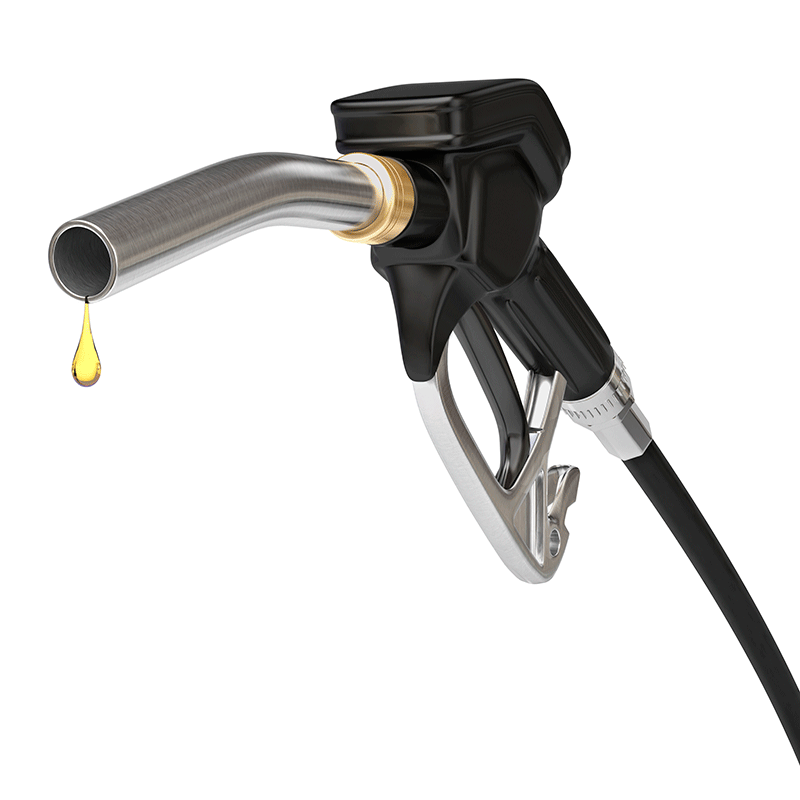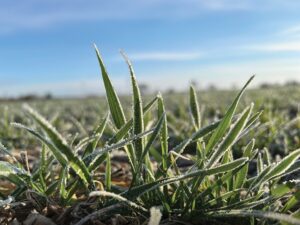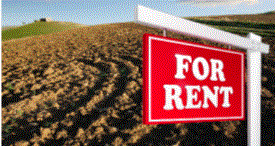Cap and cost
WHAT ONTARIO’S CARBON ECONOMY MEANS FOR FARMERS
THE CAP AND trade regulation that Ontario has proposed to implement January 1, 2017 may be another costly burden for grain and oilseed farmers to shoulder, if the province doesn’t listen to Grain Farmers of Ontario.
 The proposal was announced in April last year, and a 30-day public comment period on the program design was launched in mid-November.
The proposal was announced in April last year, and a 30-day public comment period on the program design was launched in mid-November.
In short, the province plans to reduce greenhouse gas emissions by putting a cap on how much is being produced and working at reductions over time. The ‘trade’ part comes in when the industries that can’t meet pollution targets can buy or trade credits with those who are under their designated targets.
RISING COSTS
Debra Conlon, Grain Farmers of Ontario’s manager of government relations, says that the price of diesel has been projected to rise by three or four cents per litre as a result of cap and trade. She worries that’s not the only increase in farmers’ costs, since upstream and downstream suppliers and services (e.g. fertilizer makers, elevators, transportation) will likely need to increase their prices to cover costs.
“Grain Farmers of Ontario’s position is that in order to transition to a low carbon economy, we would need some help,” Conlon says.
In its submission to the province’s call for public review for the design of the program in late 2016, Grain Farmers of Ontario had three recommendations:
- To prevent an economic shock to grain and oilseed farmers, there should be a regulatory impact assessment to determine the vulnerabilities in the sector. In addition, a timeframe for implementation should dovetail with having mechanisms in place to help farmers transition to lower carbon options (e.g. biofuels) for energy.
- A working group should be formed including the Ministry of Environment and Climate Change (MEOCC), Economic Development, Employment and Infrastructure (MEDEI) and Agriculture, Food and Rural Affairs (OMAFRA) to determine a strategy to help reduce on-farm carbon emissions and to help with the transition to lower carbon options for energy.
- Farm offset protocols should be sped up for NO2 and conservation cropping.
CARBON OFFSETS
According to MOECC, an offset is a credit for a verified emission reduction, and the government is developing protocols to create a credible offset system that would include farmers.
Currently, the environment ministry says it has five potential protocols linked to farming practices. One is linked to livestock feeding and manure management; another to organic waste digestion; the next to maintaining grasslands; one for conservation cropping, including no-till; and, lastly, one for reducing fertilizer use.
“No one’s sitting down with us to figure out how the protocols will work — they’re just saying ‘use less, transition to biofuels,’” Conlon says.
“We’re not convinced the offsets will be sufficient to cover the increased costs,” she says. “There’s nothing in the program for the farmers to mitigate the costs they are going to incur.”
There seems to be little appetite at this point for the government to consider compensation for farmers who may be adversely affected by increased energy costs, either.
The response from MOECC when asked was, “Money raised through cap and trade will be reinvested in a transparent way back into initiatives such as energy retrofits that will help households and businesses use less fuel”.
Transitioning to biofuels isn’t a real option for the near future, says Conlon, since most tractors aren’t capable of running on them, and they cost more at the pump, anyway. Reducing fuel consumption is difficult if not impossible, since most farmers are already using as little energy as possible to keep current costs down.
FARMERS’ ROLE
Grain Farmers of Ontario’s submission to the province pointed out that farmers are already doing a great deal to protect the environment including producing more crops on less land, implementing environmental farm plans, and preserving wildlife habitat and wetlands (which are natural carbon sinks).
It also points out that, because grain and oilseed prices are set in global markets, and the industry has to compete globally, farmers cannot pass additional costs on to customers.
Conlon says Grain Farmers of Ontario has asked for a meeting with the Minister of Agriculture, Food and Rural Affairs (OMAFRA) to discuss farmers’ concerns, but has yet to receive an appointment date.
The environment ministry said that the proposed offset program would be launched at the same time as the cap and trade regulation. In the end, the province has less than a year to put the regulation in place to meet its goal of reducing greenhouse gas emissions by 15 per cent below 1990 levels by 2020. •

























